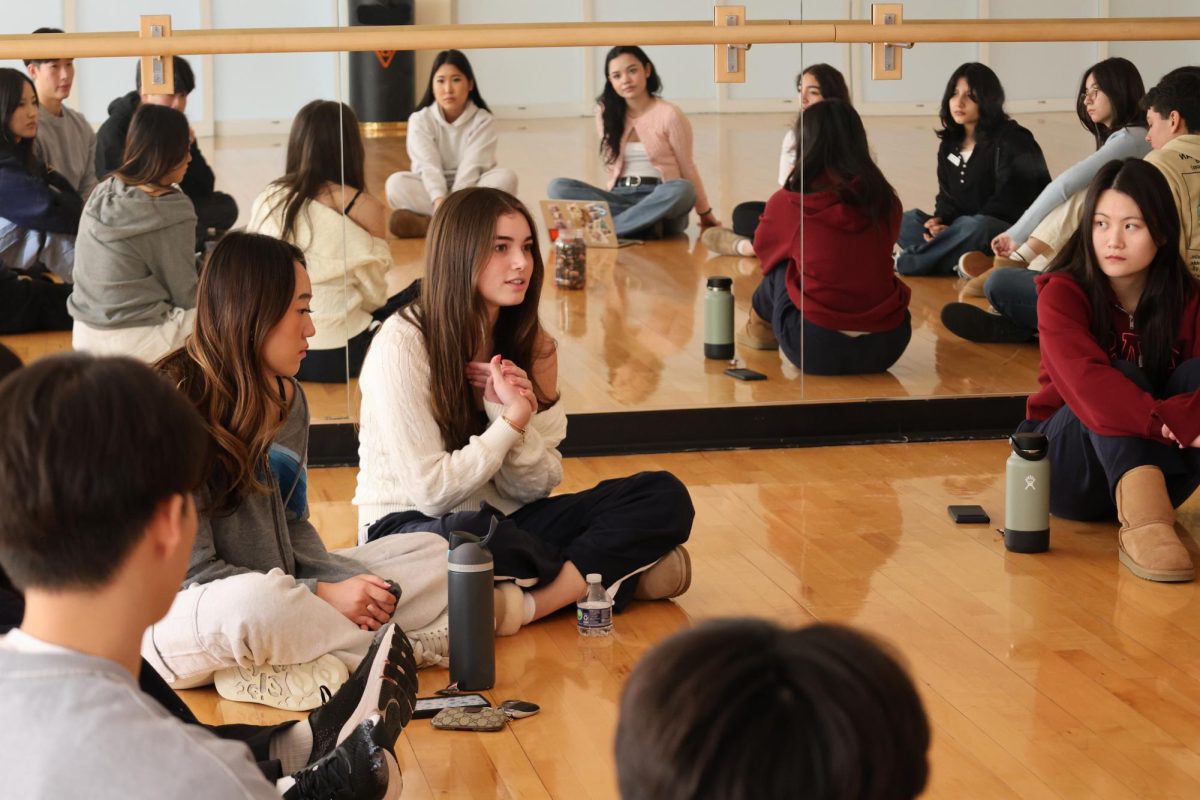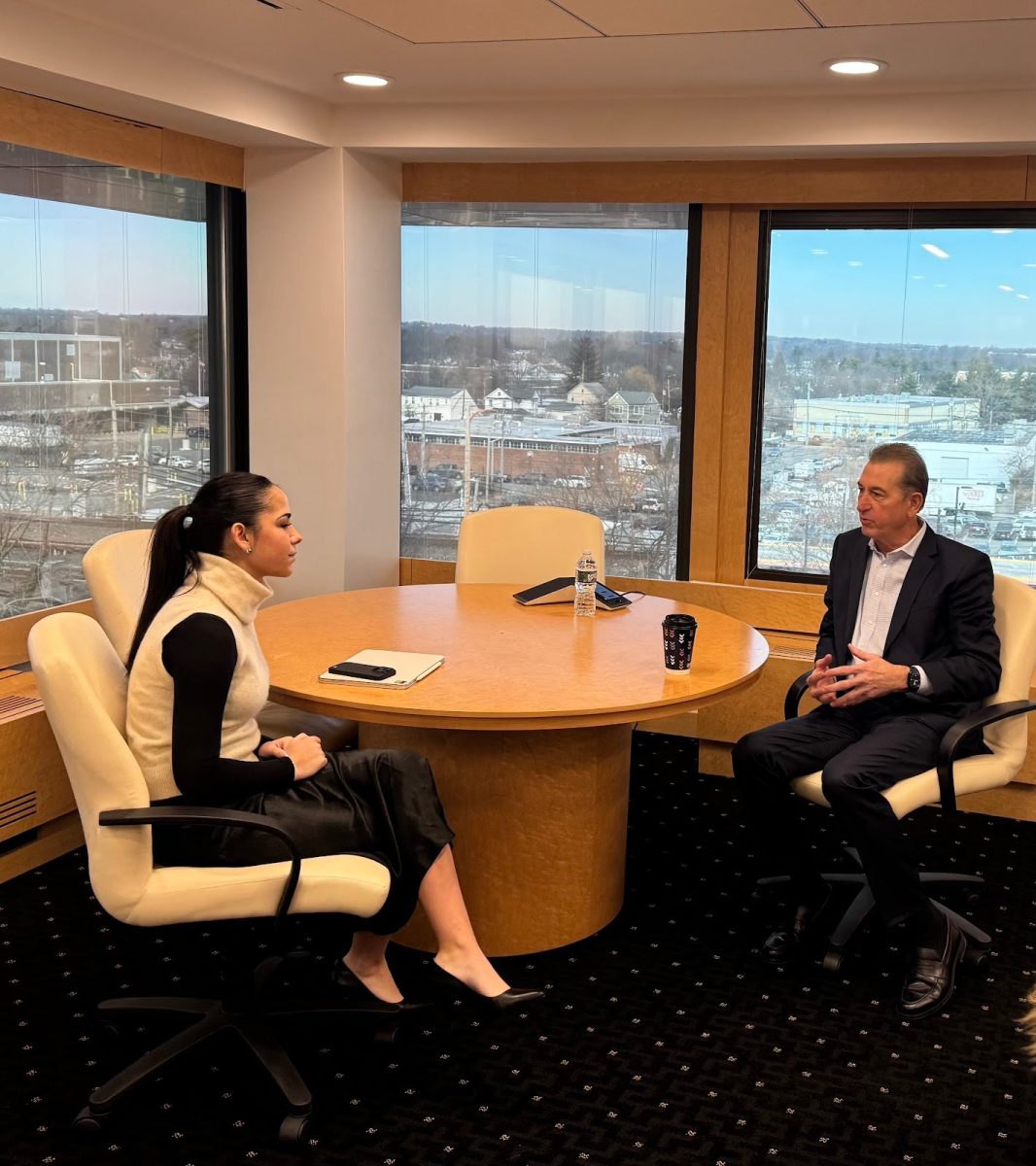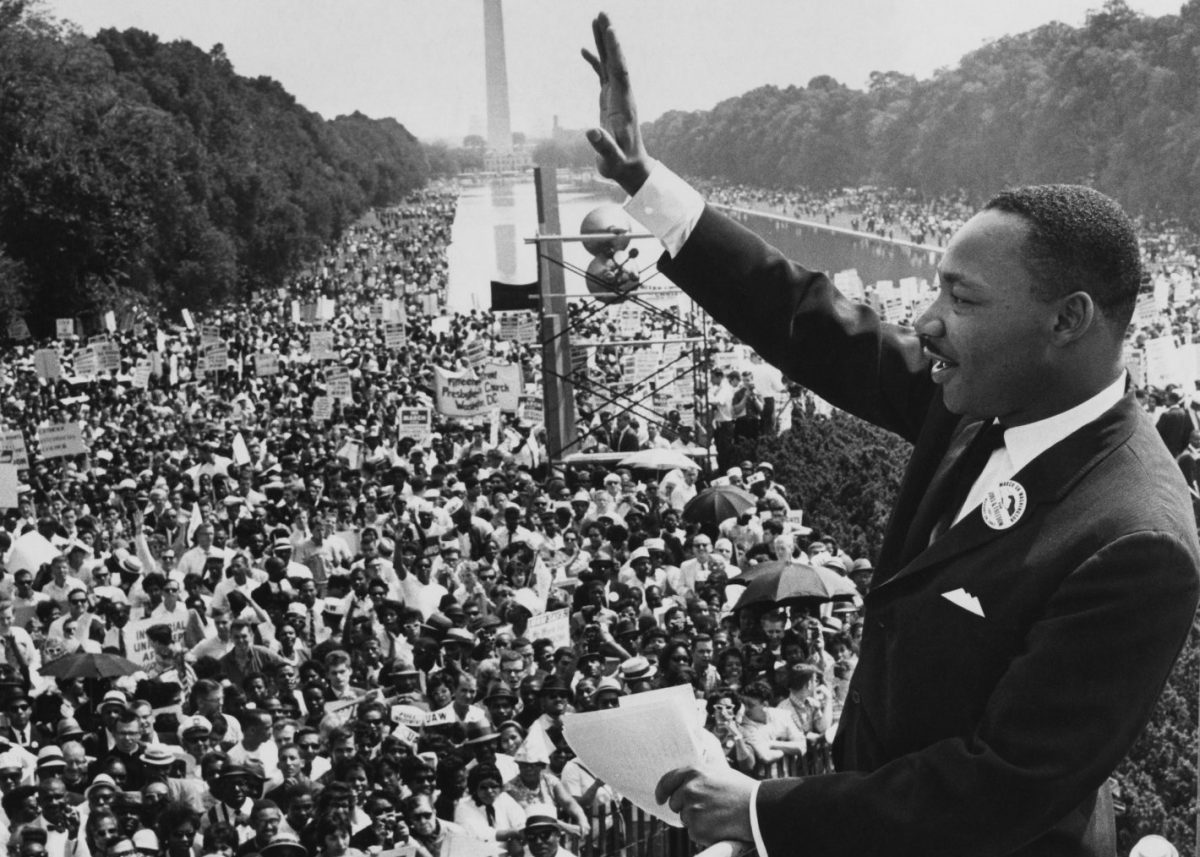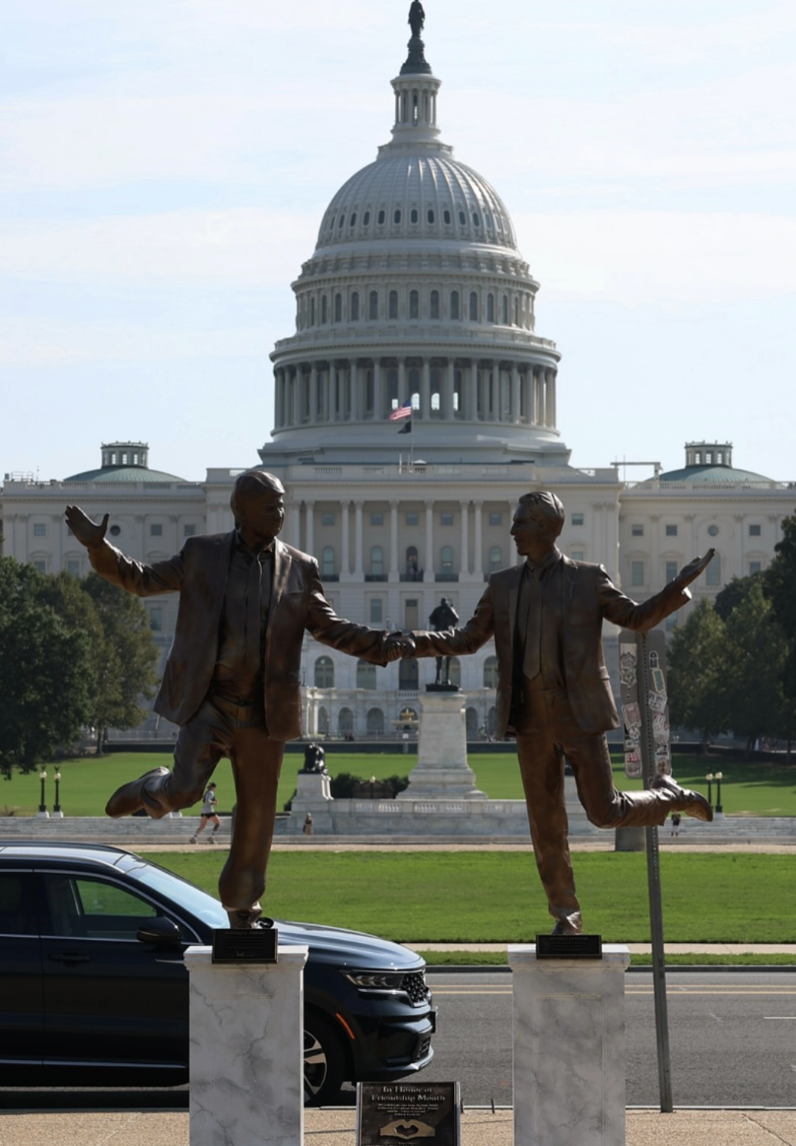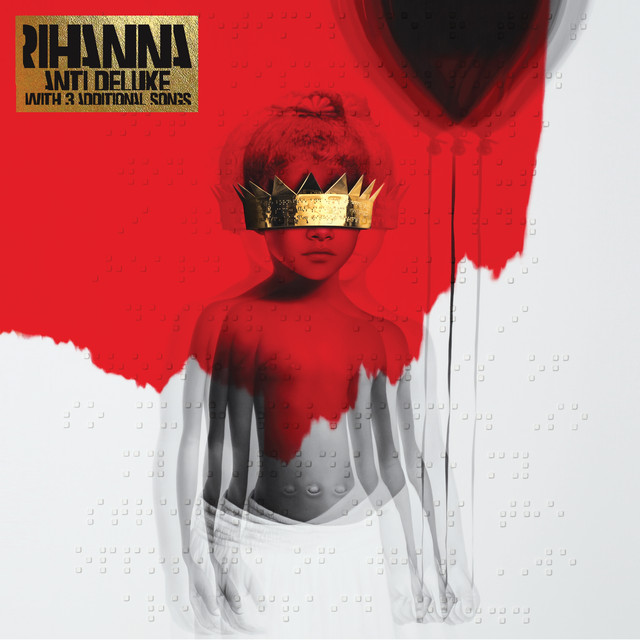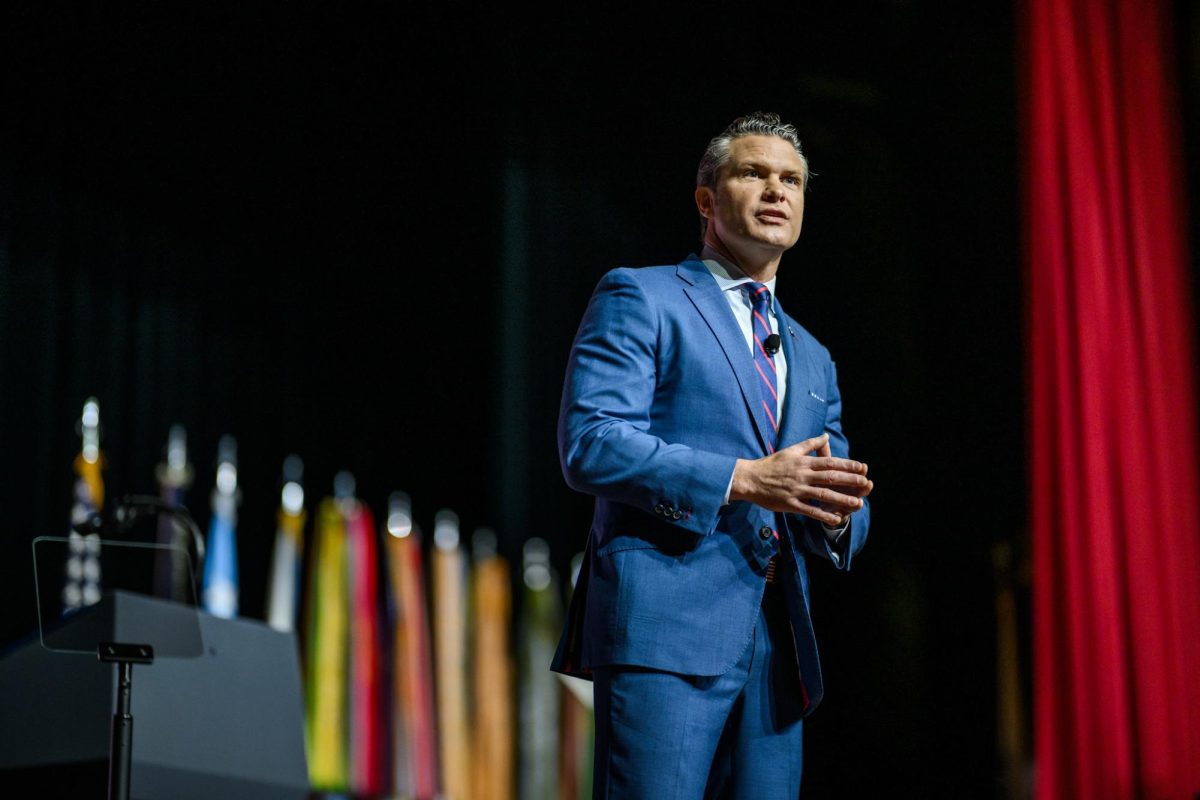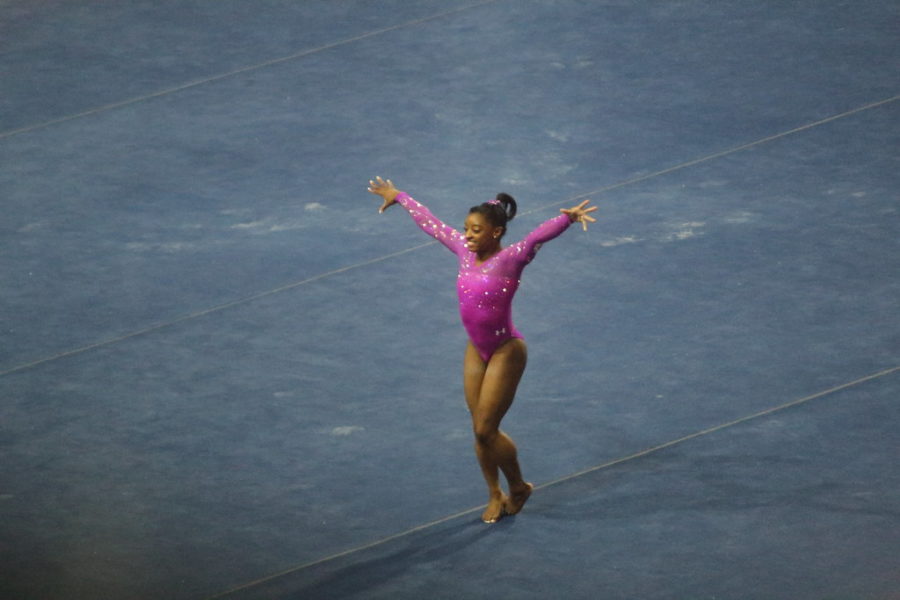Mental Health and the 2020 Tokyo Olympics
Photo by Creative Commons
Simone Biles has won 32 Olympic and world championship medals.
October 5, 2021
Simone Biles, an American gymnast with 32 Olympic and world championship medals, shocked the world at the 2020 Tokyo Olympics. She withdrew from the individual all-around final as well as the team event. She credits her withdrawal to a psychological phenomenon called the “twisties,” which is a mental block that affects an athlete’s spatial awareness. After re- moving herself from the competition, Biles tearfully stated, “I have to do what’s right for me and focus on my mental health, and not jeopardize my health and well-being.”
Simone Bile’s decision to retreat from the Olympics has been met with both positive and negative feedback from the gymnastics community and the world in general. Many people perceive her recent departure as a result of her fear of losing, and some resent her for doing so without advance notice. However, Biles notes that she is experiencing a more positive reaction than she had anticipated. On July 28th, she tweeted, “The outpouring love & support I’ve received has made me realize I’m more than my accomplishments and gymnastics, which I never truly believed before.”
Nirali Dalia, one of LFA’s counselors and Health, Wellness, and Community teachers, remarked that Simone Biles “broke the ice” by coming forward, making it easier for other athletes to come forward with their own stories and struggles. Furthermore, Dalia feels that Biles’ actions encourage more open discussions regarding mental health, something that is so often overlooked in today’s society.
Mental health in the athletic world has been a pressing issue for many years, and oftentimes athletes struggle to talk about their challenges with others. Dalia appreciates the strides Biles, with her large platform, has been taking regarding mental health awareness. Biles’s social media acts an inspiration to other young female athletes as she shares her recovering mental health journey to her nearly 7 million followers. Biles is not the only athlete at the 2020 Olympics who shared her mental health experiences and was one of the many athletes to begin dialogue about this neglect- ed issue. The International Olympic Committee, conscious of the mental health struggles athletes face, heavily increased its mental health resources before the Tokyo 2020 games. A “Mentally Fit Hotline” was established to provide free 24-hour service to athletes in more that 70 different languages. Furthermore, Olympics.com created a series called the “Olympic State of Mind,’’ which provides a platform for Olympic athletes to share their mental health journeys with the greater community. The International Olympic Committee took great strides to increase awareness of mental health before the Olympics started and plans to continue improving their resources going into the 2022 Beijing Winter Olympics.
Discussing mental health continues to be a challenge for most people, not simply athletes. However, Biles’ story has reassured many that it is okay not to be okay, and that prioritizing oneself above other people’s expectations is an act that requires great courage.


